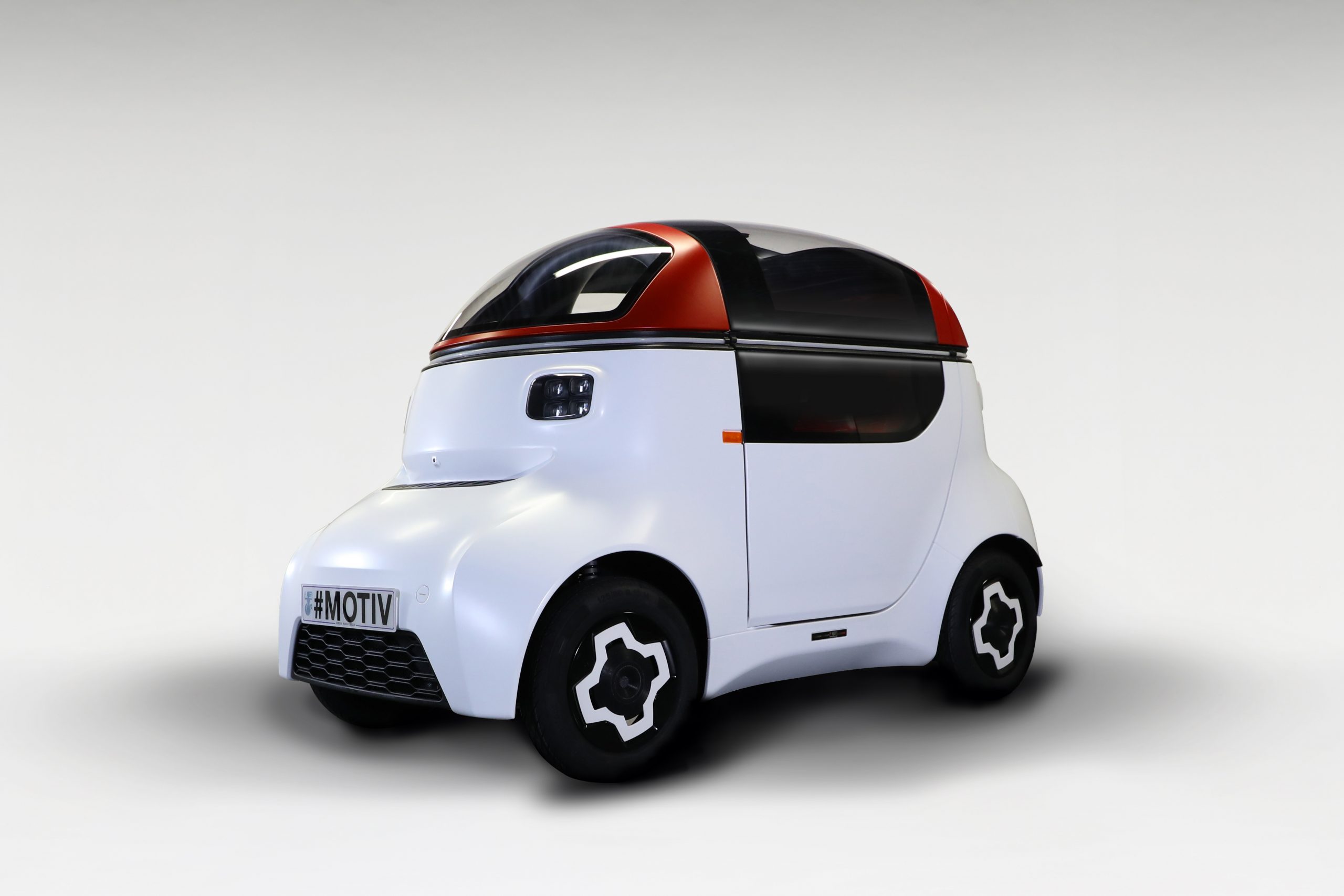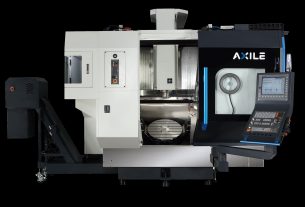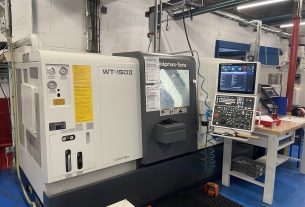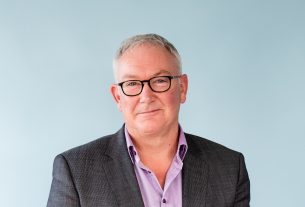ACRIM-Wheel, the world’s first commercially viable, low cost, lightweight, all composite wheel for niche and electric vehicle applications, moves to the next phase of development with the manufacture of fifty wheels by the end of the year.
Additionally, three full vehicle sets are destined for proving on MOTIV®, a unique and versatile autonomous mobility vehicle using Gordon Murray Design’s iStream Superlight® technology, and two sets of world-first overmoulded RTM wheels are headed for qualification testing.
The consortium delivering the wheel, comprising Carbon ThreeSixty, Far-UK, Composite Integration and CNC Robotics, alongside Bitrez Ltd as the preferred resin formulator, have completed the second phase of the programme – development and validation of proof-of-concept ACRIM wheels – which confirmed the feasibility of achieving significant cost reductions over existing global market offerings.
The work being undertaken will enable wider access to key lightweighting technologies for the lower volume niche automotive manufacturers. The product development consortium previously made a number of key findings, with a highlight being that the modular concept of ACRIM offers unrivalled flexibility in the styling and configuration of lightweight all-composite wheels. This puts it firmly on track to reduce the weight of, for example, a 15” wheel by 50%, which would deliver 5% fuel savings or a 5% CO2 reduction when retrofitted to a petrol or diesel fuelled vehicle.
For the next phase, which kicked off this summer, the consortium aims to decrease manufacturing cost and cycle time with a multi-strand approach. Avenues include processing of a three-component epoxy resin system with an in-mould release agent, piston pump technology to deliver repeatable and higher quality lamination through increased control and monitoring of the preconditioning of resin prior to injection (metering, mixing, pre-heating and degassing) and a mould pressure closed loop control system to improve yield.
The production scale-up project also aims to prove that robotic machining can be sufficiently accurate and repeatable for secondary machining and final trimming, with fast and flexible operation that opens the door to reduced skilled labour content.
The product is evolving too – the consortia are optimising the design of the part to minimum weight and cost with an automatic analysis of manufacturability, particularly CFD material flow. Linking these to analytical techniques will be a powerful step forward. It also plans to prove the manufacturing robustness of the novel overmoulding process for a high reliability structural component.
The modular concept enables the creation of wheels ranging from a “traditional” two-piece bolted metallic centre, albeit with a composite barrel (mature, low risk architecture) through to an overmolded all composite wheel.
Demonstration of SMC over-moulded centre into continuous fibre RTM’d barrel offers early indication of high volume capability and short route to manufacture. The ACRIM modular platform also enables a tiered approach to OEMs in specifying lightweight wheels depending on their appetite for disruptive innovation.
Lead project partner, Edward Allnutt, Managing Director at Carbon ThreeSixty, which specialises in the design and manufacture of advanced composite structures, said: “The world’s first all-composite wheel for electric and niche vehicles has moved a major step forward, and we can confidently say it has the ability to deliver huge cost savings over anything on the market. It can also be manufactured in volume and gives OEMs huge flexibility in what they can specify. This is truly a quantum leap in wheel design and manufacture.”
“Far-UK is pleased to see this project progressing. We are convinced that the skills of the consortium will help the project progress to a fully carbon fibre wheel that customers want to use for the weight saving and that makes good economic sense to use as well.” Dr Kevin Lindsey, Director Far-UK Ltd
“The ACRIM II project is a great opportunity to demonstrate the benefits of using robots for secondary operations, including trimming and drilling, of composite components,” said Philippa Glover, Managing Director at CNC Robotics. “Robots can offer a more cost-effective alternative to conventional machine tools in these applications and so can contribute to lower overall manufacturing costs for these types of part.”
“Bitrez welcomes the opportunity to maintain our involvement as the preferred sub-contract resin supplier for the ACRIM II project, building on the successful collaboration as a full project partner in ACRIM I, where our custom formulated Epoxy system provided both the high performance and cost targets required by the project” said Dominic Hopwood, Resin Sales Manager – Composites at Bitrez Limited.
“Gordon Murray Design are pleased to be associated with the ACRIM II project. The main focus of our iStream® technology is vehicle lightweighting, particularly important for electric vehicles such as MOTIV® and other autonomous driven platforms. The opportunity to evaluate commercially viable, lightweight carbon wheels will be invaluable for future projects” said Andy Smith, R&D Director at Gordon Murray Design.
The world’s first commercially viable, low cost, lightweight, all-composite wheel for electric and niche vehicles such as driverless cars, last mile delivery vehicles, road sweepers and next generation of agricultural vehicles could now soon be a reality.
Previously seen to be purely performance driven for racing and high-performance applications, lightweight carbon wheels are now being investigated by electric and niche vehicles and OEMs to further reduce fuel consumption, emissions, extend vehicle range and increase payload.





